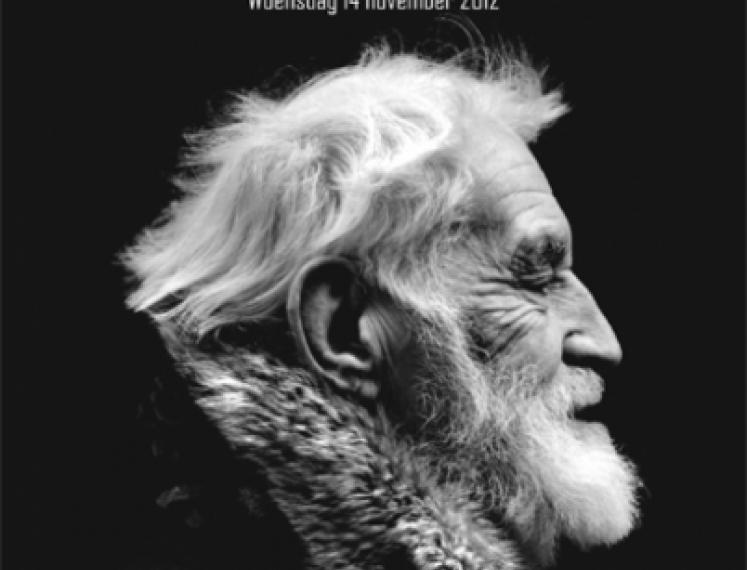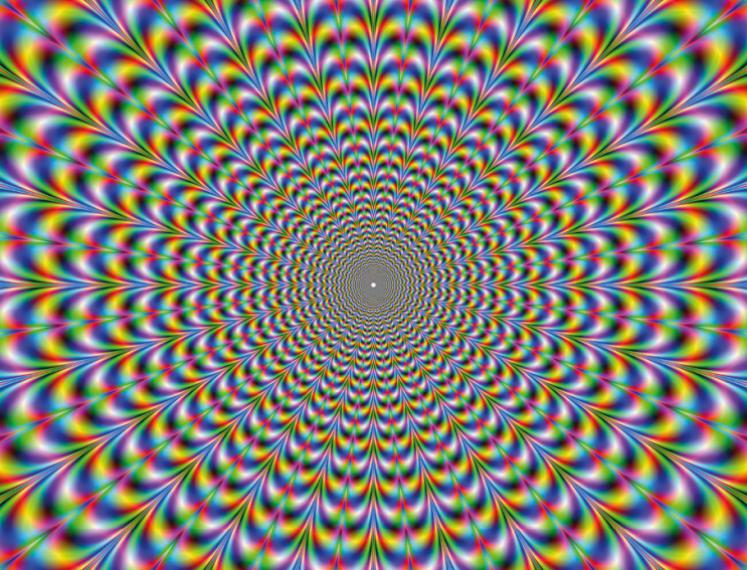
DOT Cinema
Vrydemalaan 2
Groningen
Netherlands
Building Stars, Planets and the Ingredients for Life in Space
One of the most exciting developments in astronomy is the discovery of thousands of planets around stars other than our Sun. But how do these exo-planets form, and why are they so different from those in our own solar system? Which ingredients are available to build them?
Thanks to powerful new telescopes, astronomers are starting to address these age-old questions scientifically. Stars and planets are born in the cold and tenuous clouds between the stars in the Milky Way, and the new ALMA array now allows us to zoom in on planetary construction zones for the first time. Water and a surprisingly rich variety of organic materials are found, including simple sugars. Can these pre-biotic molecules end up in comets and ultimately new planets and thus form the basis for life elsewhere in the universe?
Ewine van Dishoeck is Professor of molecular astrophysics at Leiden University and winner of the prestigious Kavli 2018 Astrophysics Prize. The research of her group is at the boundary of astronomy and chemistry and uses ground- and space-based observatories to study the molecular trail from interstellar clouds to planet-forming disks. She holds many national and international science policy functions, including scientific director of the Netherlands Research School for Astronomy (NOVA) and president of the International Astronomical Union. Ewine van Dishoeck has been fortunate to receive many awards, including the Dutch Spinoza award, the Dutch KNAW Professor Prize and the 2015 Einstein World Award for Science. She is a Member of the Dutch, German and US National Academies of Sciences.
This lecture is organized by Kapteyn Astronomical Institute, CIT (Centre for Information Technolog), DOT Groningen, DOTliveplanetarium and Studium Generale.


